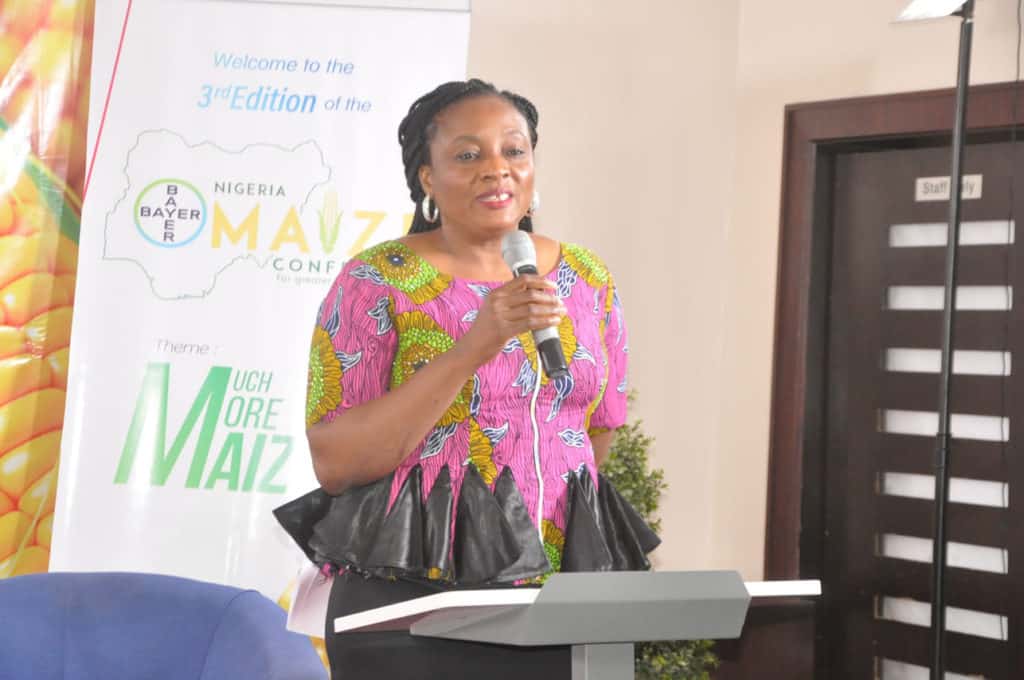In its bid to improve maize production and address the productivity gap of maize in Nigeria, Bayer Nigeria Group, a German agronomical company, has hosted a maize conference to address the need for innovative solutions, assist farmers in maximizing their production, and help them secure their farms from pests and diseases.
While delivering his welcome address at the event, Lauren Parez, the country cluster commercial lead for Bayer, disclosed that the company is determined to eradicate the environmental constraints on agricultural yields by promoting a culture of providing farmers with high-performance products.
He emphasized that the company, as a responsible and sustainable organization, has decided to continue its efforts to develop maize in West Africa and more particularly in Nigeria.
IITA, GIAE, GIZ Collaborate to Upscale Maize, Cassava Production
At the third-year event, which was entitled “Much More Maize,” participants discussed topics related to the importance of quality product application, including the use of improved seeds for quality maize production, and opportunities to sustain smallholder farmers in Nigeria, among others.
Abubakar Bello, national president of the Maize Association of Nigeria, while speaking on the topic “Revolutionising the maize production in Nigeria,” noted that maize is one of the country’s major crops, accounting for about 40 percent of the land under agricultural production in Nigeria and constituting about 43 percent of the maize grown in Africa.
Ogun Farmers To Improve Maize Production With Input From CBN
Bello added that maize is able to meet Nigeria’s food needs in the current millennium as a result of its ability to provide a major source of calories in Nigeria and other parts of the world.
Olusegun Ojo, director of the National Agricultural Seed Council, advocated in his remarks for a strong seed system that connects all stakeholders, calling it essential for delivering the quality seeds and improved crop varieties needed for global food security and the survival of small-holder farmers.



